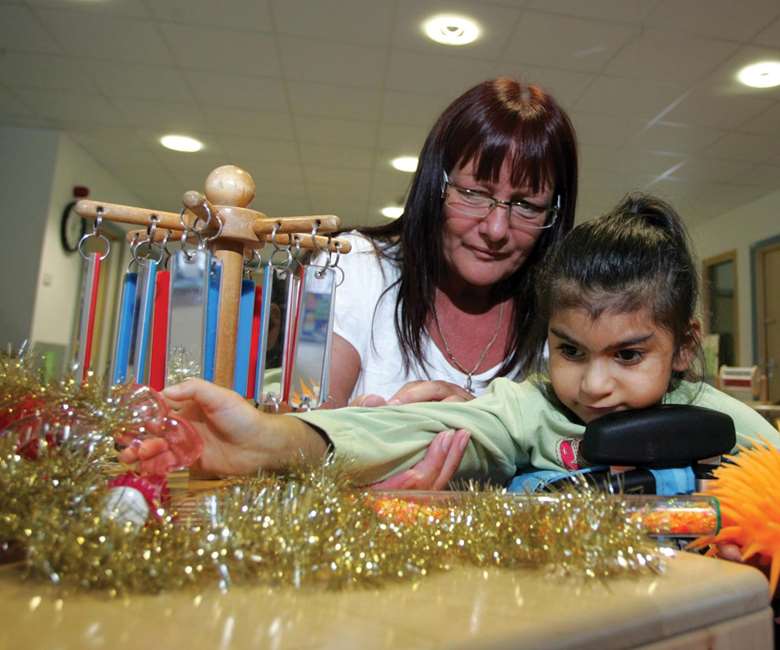Government urged to put special educational needs reforms on hold
Joe Lepper
Tuesday, November 20, 2012
The government has been urged to delay legislation to overhaul support for children with special educational needs (SEN), over concerns that the law could be changed before the proposed reforms have been properly tested.

The Children and Families Bill is due to be introduced into Parliament early next year. It will contain wide-ranging reforms for children with SEN, including new single education, health and care plans to bring together support from birth to age 25.
But campaigners are concerned that the bill could be introduced before the reforms have been thoroughly tested.
Pilot schemes testing the reforms in 20 local areas were due to finish in March 2013. However, the children’s minister Edward Timpson has now announced that more time is needed to test the changes, so the trials have been extended until autumn 2014.
This means the legislation relating to the changes will be introduced before the trials on the reforms are complete.
The National Deaf Children’s Society (NDCS) is calling for the bill to be delayed, so that the pilots have more time to test the reforms. The charity is particularly concerned about how the new system will fully involve health professionals.
Jo Campion, deputy director of policy and campaigns at NDCS, said: “We have been looking closely at the pilots and speaking to families with deaf children. The evidence we are getting back is that professionals in health are not getting involved.
“Some parents are telling us that at the joint plan meetings health professionals are simply not showing up. If these reforms are supposed to be radical then the legislation will need to be strengthened to place a legal duty on health agencies to get involved. Currently that is not there.”
NDCS is also worried that local cuts to education provision will mean less services and staff are available to support children with SEN as the reforms progress.
Campion said: “The cuts are affecting professionals who are working with families in the pilot areas who are under threat of losing their jobs. How will the government be able to test these reforms if there’s no-one left to work with families?”
Contact a Family’s head of policy Una Summerson agreed that the government should take time to consider the evidence from the pilot areas before introducing changes to the law.
“This is an enormous change to the system that needs to be tested properly so we are pleased about the extension,” she said. “But we are concerned that the legislation will be introduced early next year before the government has been able to collect the evidence.”
There are also fears that children with speech and language difficulties could miss out on specialist support under the new system.
The Royal College of Speech and Language Therapists (RCSLT) warned that the majority of children with speech, language and communication needs do not currently have a statement of SEN, and therefore may not be eligible for new single education, health and care plans.
Earlier this month the Every Disabled Child Matters campaign wrote an open letter to Timpson calling for greater clarity over the government’s vision for improving support for disabled children.
The campaign group believes that the Children and Families Bill could fragment support for children, since it is unclear how SEN services will co-ordinate provision for disabled children with partners in health and social care.
But Christine Lenehan, director at the Council for Disabled Children, said the government is right to extend the pilot scheme due to the complexity of the reforms – despite other concerns about the changes.
“It is encouraging to see the government taking the pathfinder work seriously and giving them additional time to test out what works best in these complex areas,” she said.
Timpson meanwhile defended the government's plans. “We want the best for children and young people who have special educational needs or who are disabled,” he said. “Our reforms will help children get support swiftly, make progress in school and then go on to live independently later in life.”




